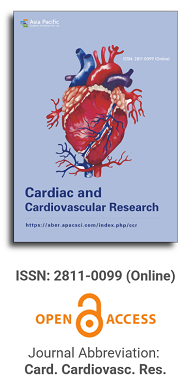
Asia Pacific Academy of Science Pte. Ltd. (APACSCI) specializes in international journal publishing. APACSCI adopts the open access publishing model and provides an important communication bridge for academic groups whose interest fields include engineering, technology, medicine, computer, mathematics, agriculture and forestry, and environment.
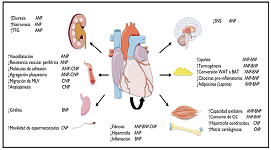
September 16: International Day of Interventional Cardiology |
|
International Interventional Cardiology Day aims to raise public awareness of cardiovascular disease and surgery, related complications, and prevention and care. |
|
| Posted: 2024-09-08 | More... |
Welcome Our New Editorial Board Members |
|
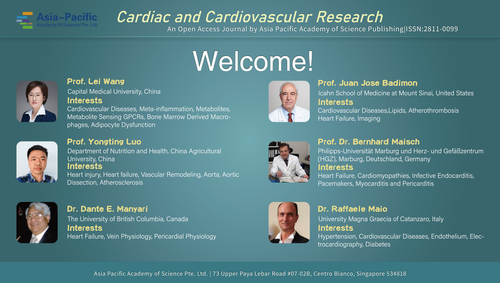 |
|
| Posted: 2024-06-21 | More... |
Updates Author Guidelines for our journal |
|
We are excited to announce the release of our updated "Author Guidelines" for Cardiac and Cardiovascular Research.
|
|
| Posted: 2024-01-01 | |
The Newest Online Volume is Live |
|
The latest 2023 issue of Cardiac and Cardiovascular Research, Volume 4, Issue 1, is now live. Click the DOI link to view the full issue: https://aber.apacsci.com/index.php/ccr/issue/view/168
The Editorial Office of Cardiac and Cardiovascular Research |
|
| Posted: 2023-12-30 | |
Navigating the Cardiovascular Minefield: Optimizing Diabetes Management |
|
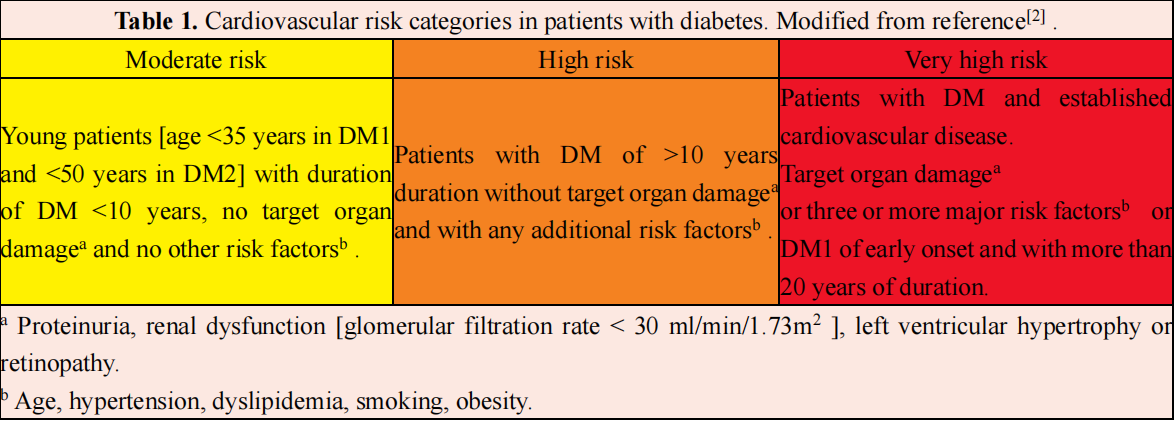 @Carlos Guamán, et al. |
|
| Posted: 2023-12-14 | More... |
Join the World Heart Summit |
|
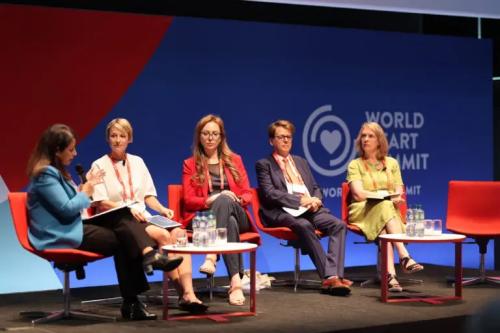 @world-heart-federation.org |
|
| Posted: 2023-04-12 | More... |
Call for papers |
|
We warmly welcome submissions from scholars to the Cardiac and Cardiovascular Research (CCR). Your contributions are highly valued! More information, please visit the website: https://aber.apacsci.com/index.php/ccr/index E-mail: editorial-ccr@apacsci.com Editorial Office of Cardiac and Cardiovascular Research (CCR) |
|
| Posted: 2022-01-18 | More... |
Cardiovascular diseases (CVDs) |
|
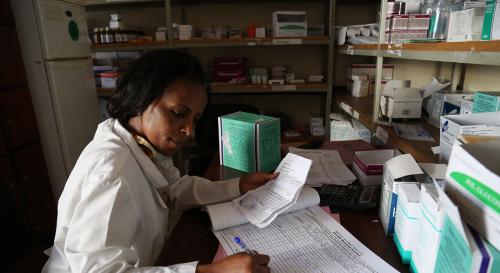 @www.who.int |
|
| Posted: 2021-06-17 | More... |

Prof. Prakash Deedwania
University of California,
San Francisco, United States




